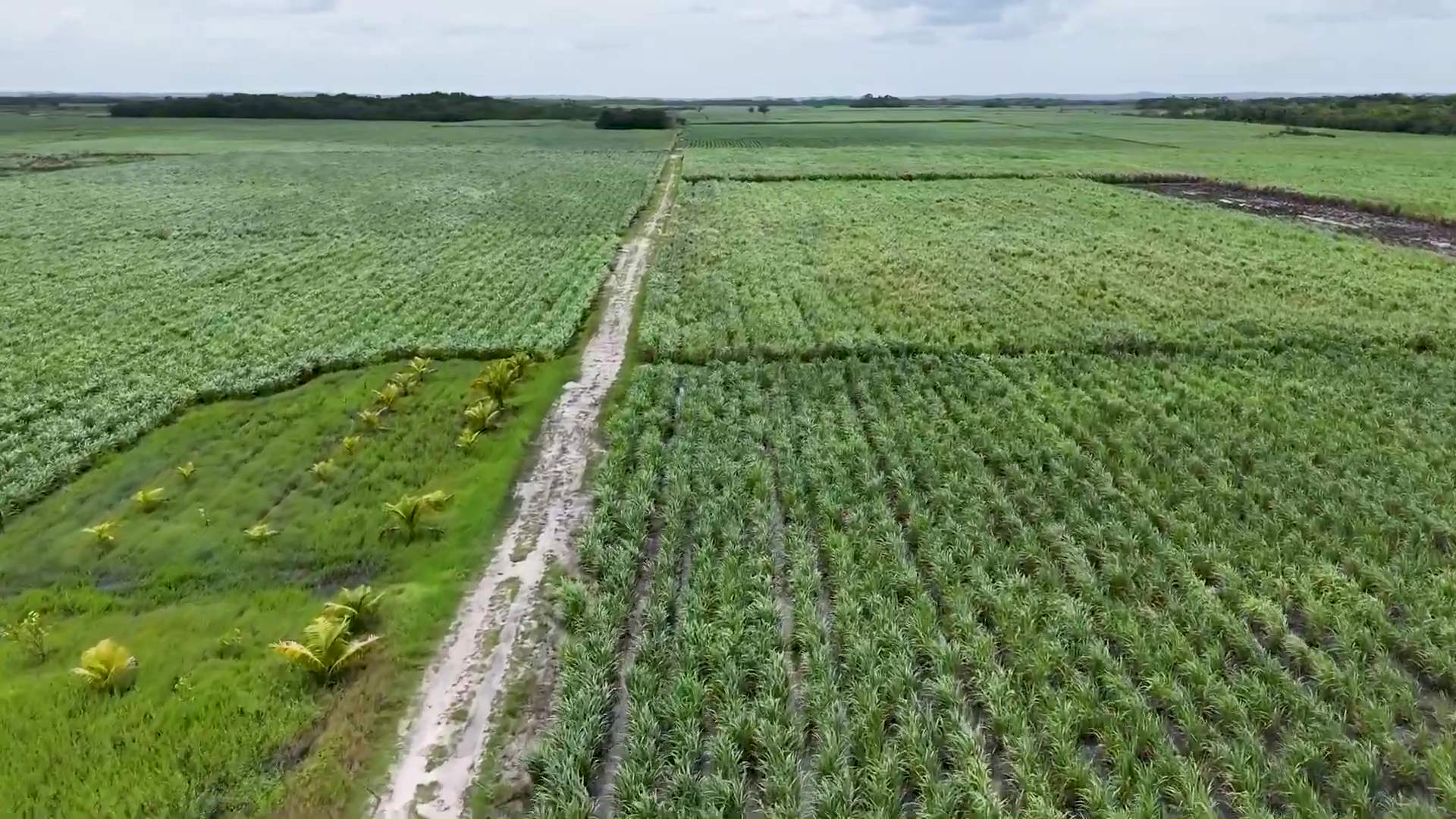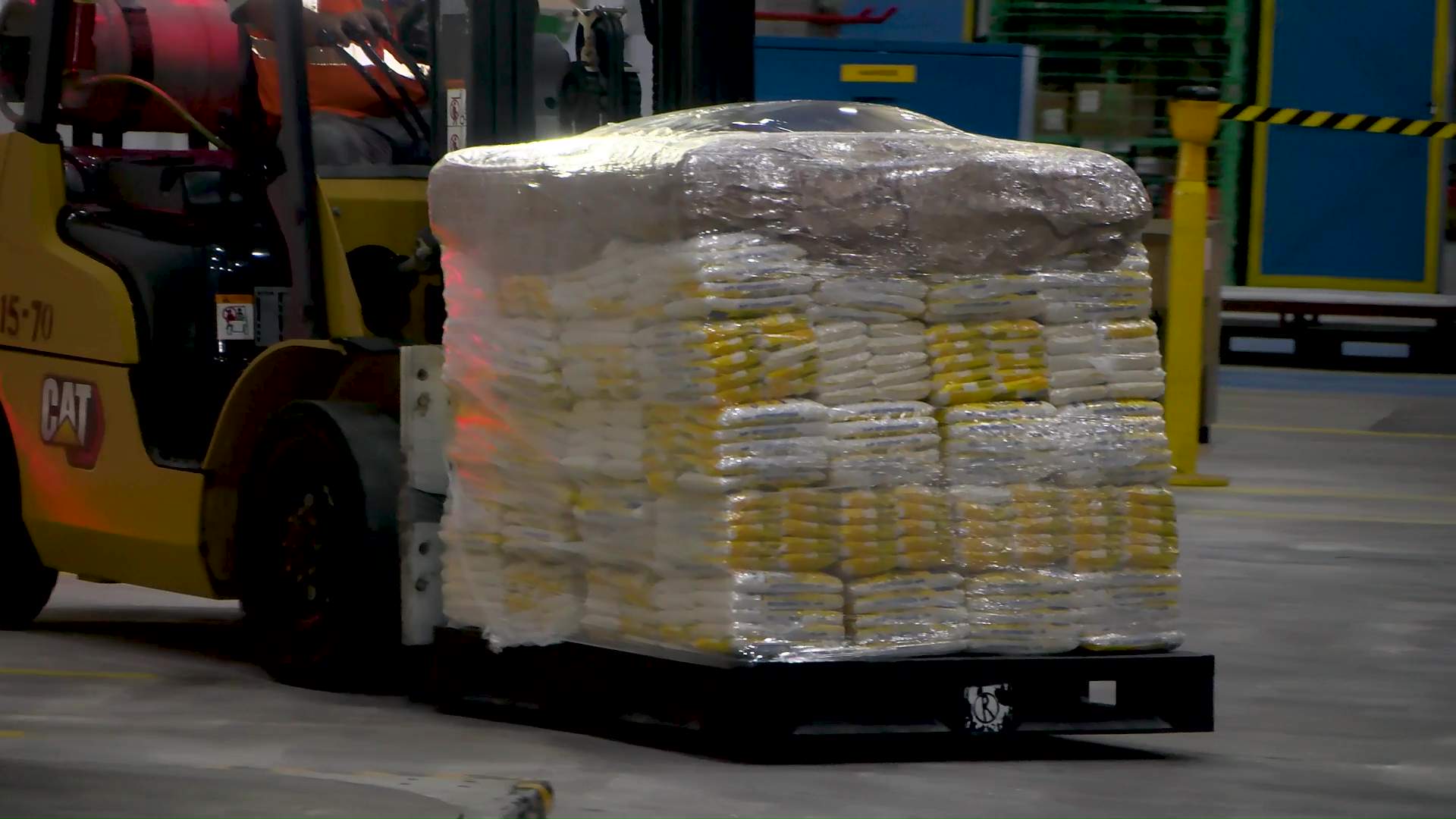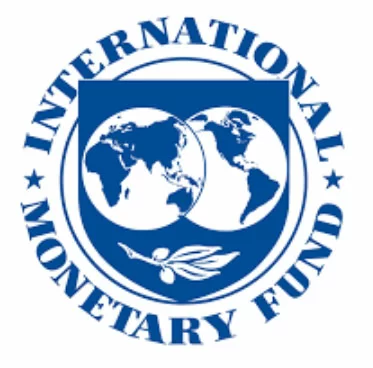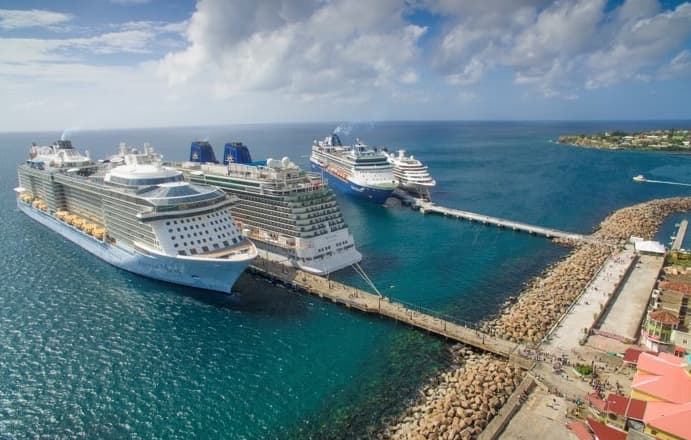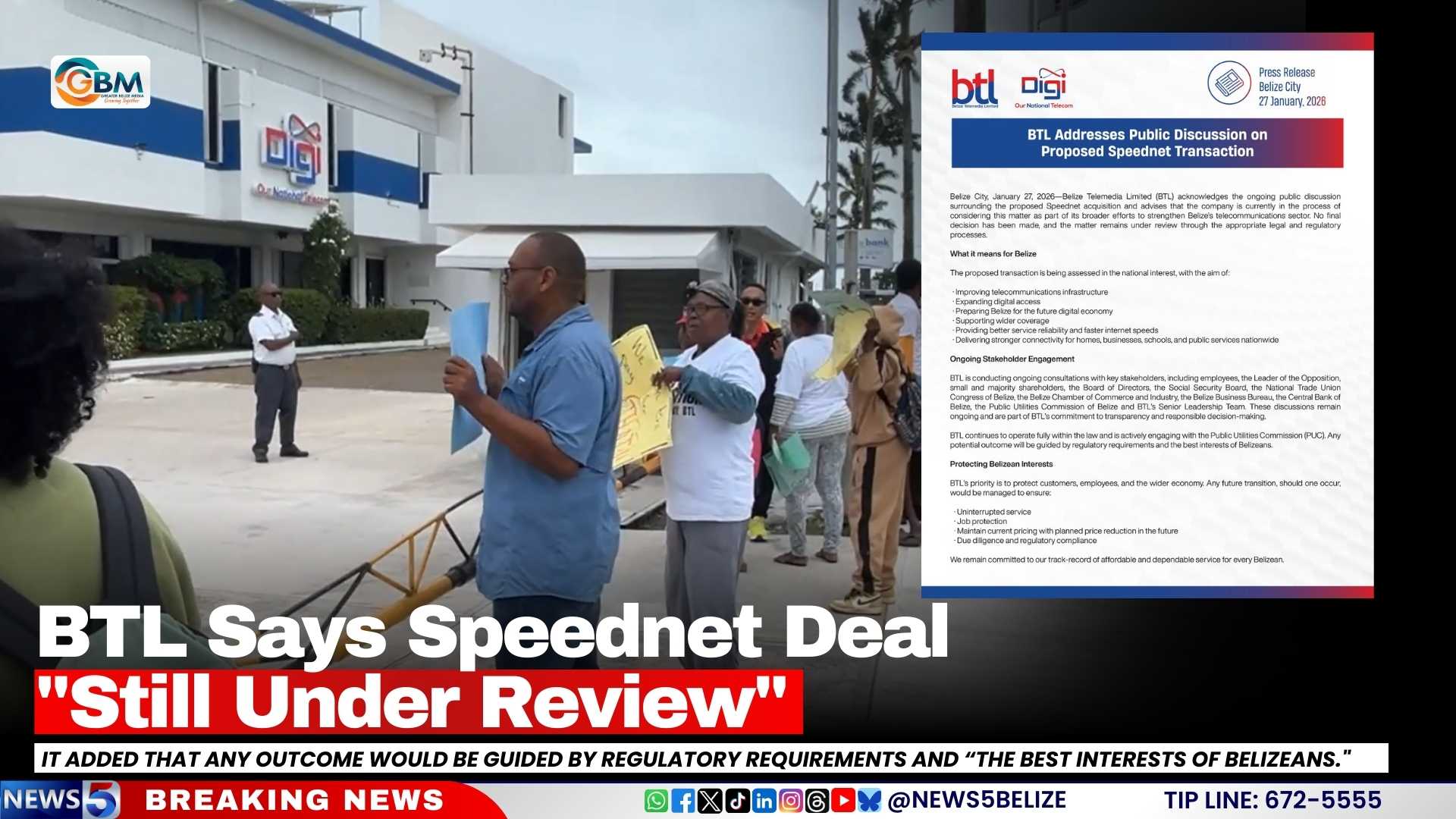Belize’s sugar sector is witnessing a remarkable transformation following one of its most challenging periods in recent history. The 2025 season brought unprecedented difficulties with Fusarium disease outbreaks, declining yields, and market instability that reduced production by approximately fifteen percent. In response, Belize Sugar Industries Limited (BSI) has launched an ambitious Clean Seed and Varieties Program to fundamentally restructure the industry’s agricultural foundation.
The strategic initiative centers on replacing disease-compromised cane stocks with genetically pure, disease-resistant planting materials. Current industry vulnerability stems from over-reliance on the B-79 variety, which constitutes sixty percent of cultivation—creating critical systemic risk. The program aims to diversify genetic coverage, limiting any single variety to twenty-five percent of total cultivation while establishing balanced maturity distribution across early, mid, and late-season varieties.
Advanced infrastructure including new greenhouse and shade-house facilities at BSI can now propagate up to 750,000 tissue-culture plantlets annually, sufficient for replanting approximately 5,000 acres. These plantlets, sourced through collaboration with Florida Crystals, undergo rigorous multiplication processes before distribution to farmers. BSI Country Manager Mac McLachlan emphasized the urgency, noting initial batches may reach farmers as early as March, calling the initiative “a game changer for farmers and the entire industry.”
The comprehensive effort receives substantial governmental support, including emergency fungicide spraying across 34,000 acres during last year’s Fusarium crisis. Minister of State for Economic Transformation Osmond Martinez announced financial mechanisms wherein farmers will receive forty percent of necessary replanting funds through Climate Funds, with government bridging additional financial gaps. Minister Martinez highlighted the need for reformed lending practices, criticizing current banking interest rates of 13-15% as suffocating to agricultural productivity.
Industry experts recognize this moment as critical for implementing long-overdue structural changes that could determine whether Belize’s sugar industry merely survives or returns to sustainable growth above its historical peak of 1.3 million tons processed.
